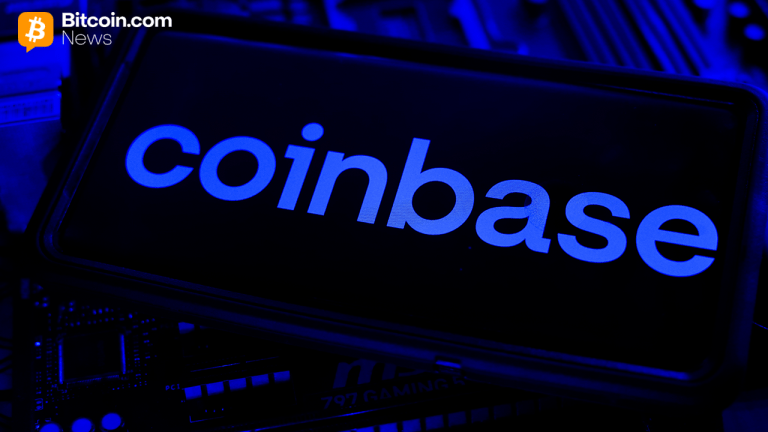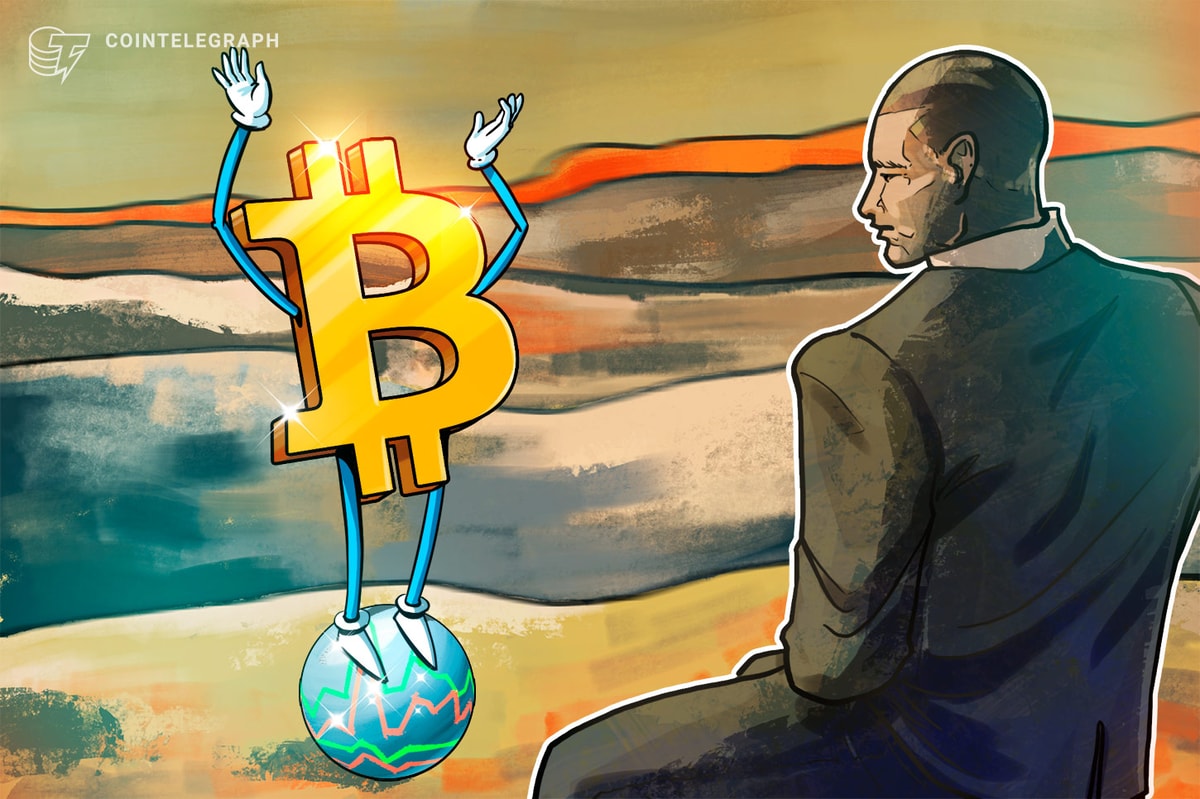France goes to polls in presidential election
3 min readFrench voters began casting their ballots on Sunday in the first round of a presidential election in which far-right leader Marine Le Pen is mounting a strong challenge to the incumbent Emmanuel Macron.
A victory for Le Pen, who is sceptical about the EU and Nato and has in the past boasted of her ties with Vladimir Putin, would send shockwaves across Europe and the world at a time when the Russian president’s forces are waging a war on European soil in Ukraine.
If she became president, Le Pen has also promised to introduce more protectionist economic policies to favour French industry, crack down on Islamists and on immigration, and forbid women to wear the veil in public on the grounds that it is an “Islamist uniform”.
“Never has the prospect of a real change been so close,” Le Pen told cheering supporters in her final rally before polling day, held on Thursday in the far-right stronghold of Perpignan, where her former partner Louis Aliot is mayor. Campaigning was not allowed the day before polls opened.
Le Pen hopes to emulate the nationalist triumphs of the UK’s referendum vote to leave the EU in 2016, and the US election victory of Donald Trump later that year. She lost clearly to the liberal internationalist Macron in the 2017 election.
Macron’s predicted margin of victory this year has been steadily squeezed in recent weeks, sending jitters through financial markets about the prospect of a Eurosceptic nationalist taking charge of the EU’s second-biggest economy.
“Although she has ditched any explicit ‘Frexit’ plans, Le Pen would still completely transform France’s position within Europe,” Jessica Hinds, senior Europe economist at Capital Economics, said in a note on Friday.
“At best, she would undermine and frustrate European policymaking and at worst would seek to dismantle EU structures from the inside.”
The last opinion polls published on Friday gave Macron 26.5 per cent of first-round voting intentions, compared with 23 per cent for Le Pen and 16.5 per cent for far-left candidate Jean-Luc Mélenchon.
Only two candidates will qualify for the second round on April 24. If, as expected, they are Macron and Le Pen, polls give the incumbent president the edge with a 53-47 per cent lead over his rival — much narrower than his 66-34 per cent victory in 2017.
In all, 12 candidates are on the ballot for the presidential election, including five from the far left and three from the far right.
Two candidates who generated early momentum in the campaign — Eric Zemmour, the anti-immigration far-right television polemicist, and Valérie Pécresse, winner of the primary for the conservative Les Républicains party — have since sunk back in the opinion polls to below 10 per cent of first-round voting intentions.
Anne Hidalgo, the Socialist party candidate and mayor of Paris, is given just 2 per cent of first-round votes by the polls.
That means neither of the two political movements that gave France its presidents from 1958 until the arrival of Macron — the Gaullist centre-right on the one hand, and the Socialists on the other — have much chance of seeing their candidate elected on April 24, though they may do better in the National Assembly elections in June.







